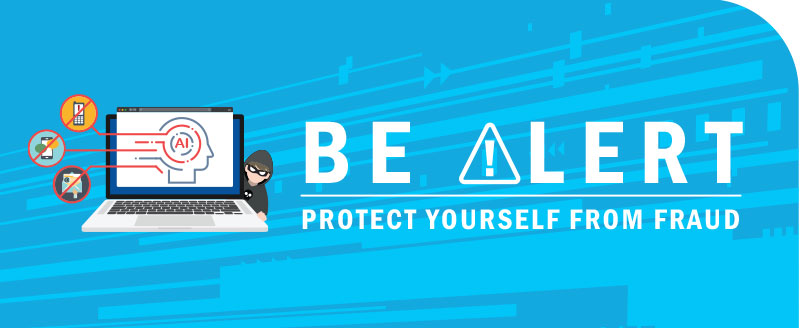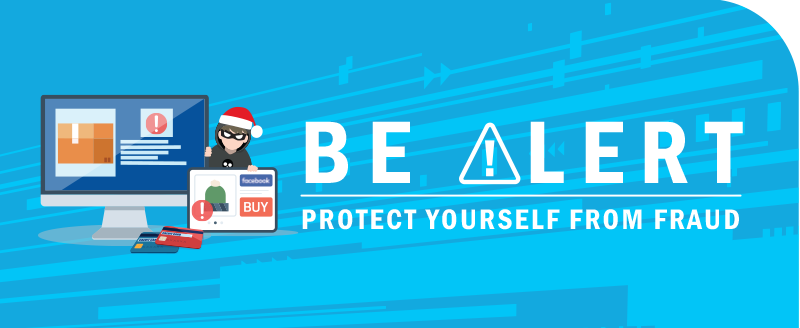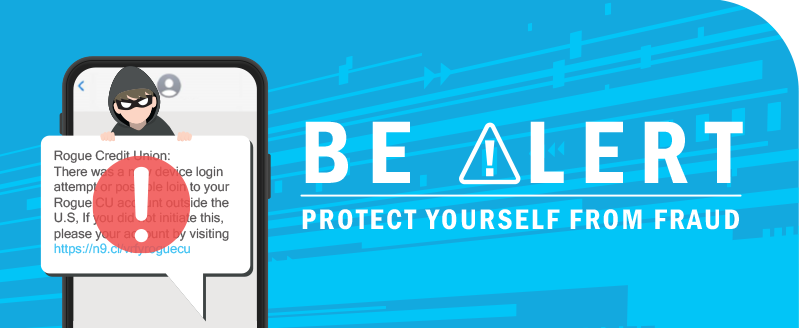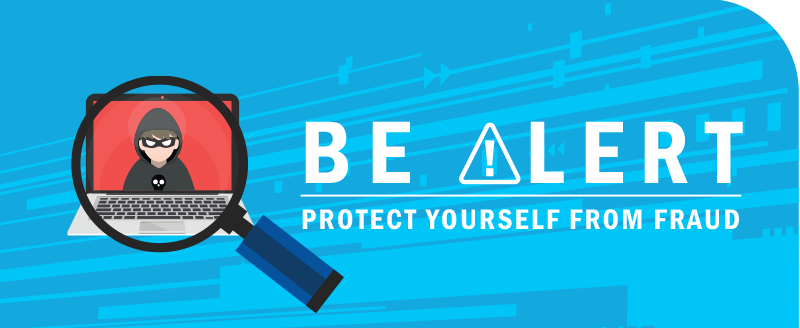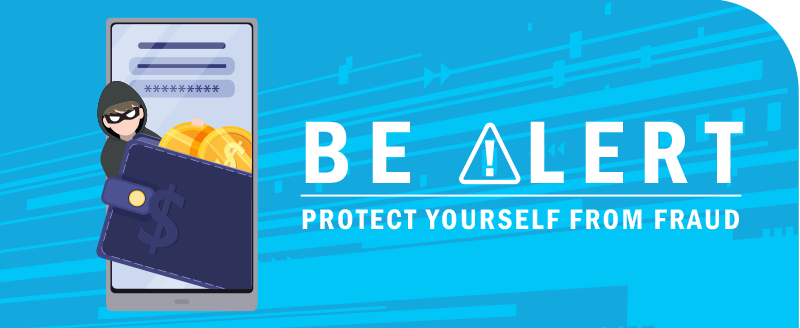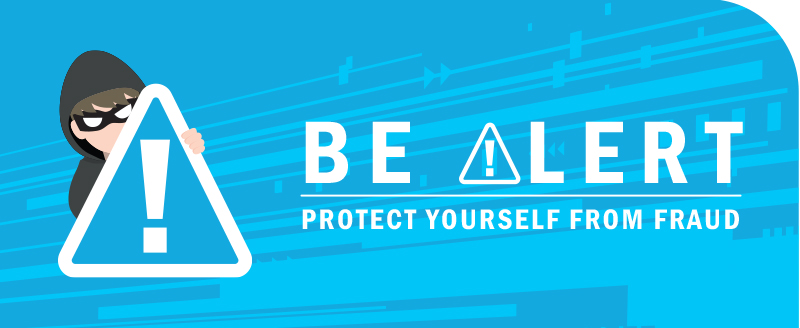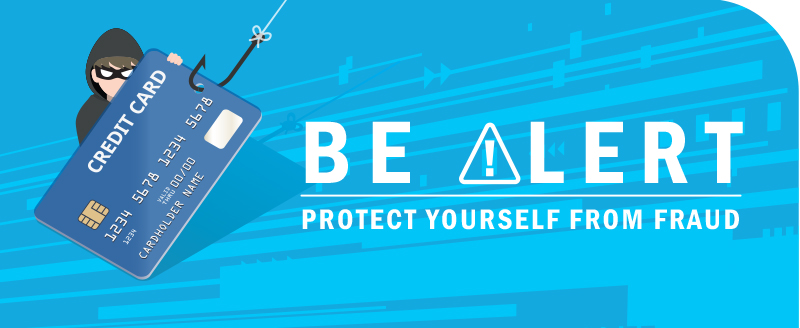5 Common Holiday Scams
During the holiday season, many people are on the lookout for good deals on gifts or ways to make extra cash to help with seasonal expenses. This makes the holidays one of the busiest times of year for fraudsters to be targeting people. Here are some common holiday scams to avoid to keep your holidays happy!
Online Work and Sales Scams
Selling old personal items or applying for a temporary job can be an easy way to make extra money during the holidays. However, you’ll want to beware of check fraud. A fraudster may use a check to pay you for a purchase or your new employment. They then say they sent too much and ask you to send the extra back through reputable sources like Western Union or MoneyGram. After you’ve sent the funds, the check bounces as fraudulent and the scammers just made out with your money.
Gift Cards
Gift cards are a popular holiday gift, but be careful when purchasing. If you buy them in person, always make sure the protective scratch-off on the back is still protecting the activation code. You can also purchase and send some gift cards online straight from the retailer these days.
Scammers might also trick you into paying them with gift cards. They may ask you to pay a fee for something with a gift card, or pretend to be a friend or family member who needs a gift card for a specific store.
Charity Donations
The holidays are a season of giving, and many charities ask for donations during this time. If you’re not donating to a reputable non-profit, make sure to validate the legitimacy of the charity and its website before making an online donation.
Require a Signature for Deliveries
With a higher volume of valuable gifts being delivered during the holidays, “porch pirates” will follow delivery trucks to steal packages after they’ve been left at people’s doors. To protect against these thieves, you can require a signature for delivery or have your packages delivered to alternate secure locations, such as your work.
Also be aware of fraudulent text messages and emails stating you have a missing or delayed package. These may be phishing scams designed to steal your personal information after clicking on the message’s link.
Fake Gift Exchanges
Most social media gift exchanges that pop up during the holidays are scams. The “Secret Sister” gift exchange is a common one, promising you’ll receive up to 36 gifts in exchange for sending one $10 gift. Scams like this not only steal your money without reciprocation, but collect personal information that the scammers can use to commit identity theft. Keep your holiday gift exchanges in the workplace or with your family and friends!
What You Can Do
Know How NOT to Pay: Being asked to pay with iTunes cards, gift cards, prepaid VISAs, Western Union or MoneyGram is a red flag. Scammers do this because it’s almost impossible to get the money back to you once you discover you’ve been scammed.
Protect Your Information: Never give out your card numbers or share your personal information with sites, vendors, or people you don’t know. It’s also smart to review your statements and transaction history regularly to look for transactions you didn’t make.
At Rogue, we take the safety and security of our members’ accounts very seriously. If you have any questions or suspect fraudulent activity on your accounts, we’re here to help. Give us a call at 800.856.7328, chat with us online or stop by your local branch.




